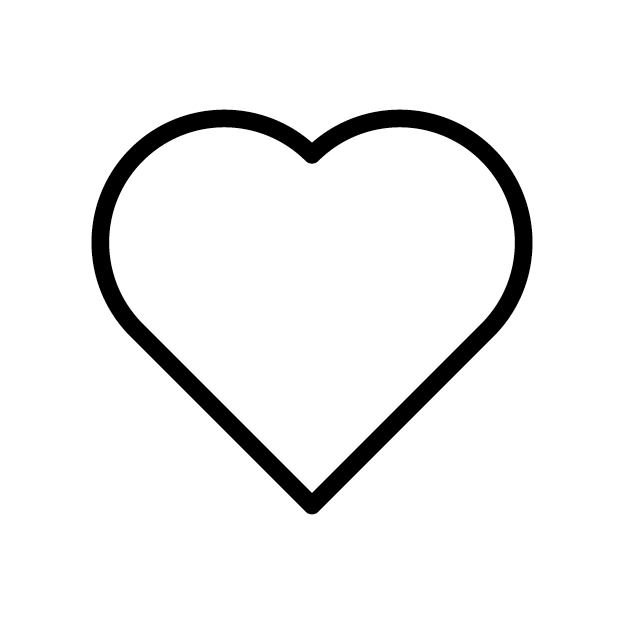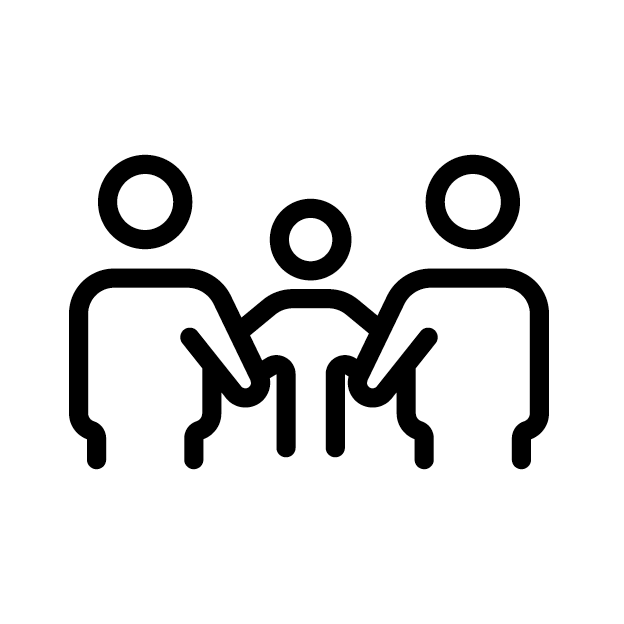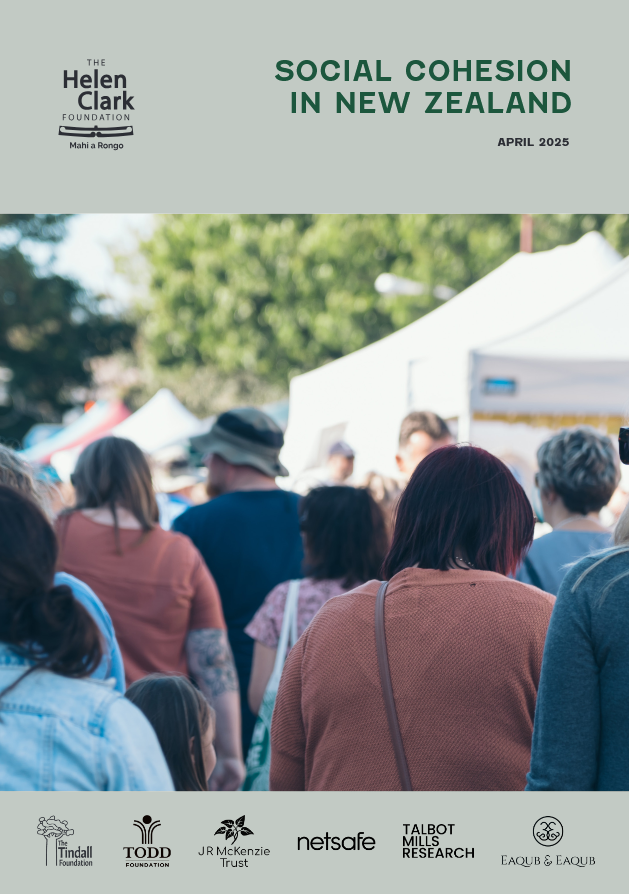Sometimes the most powerful step is simply starting a conversation. Share one of the findings with a friend or whānau member and ask about their experience.
Social cohesion is the glue that holds Aotearoa New Zealand together. But right now, our bonds are under strain — that’s the message from our new report: Social Cohesion in New Zealand 2024. Compared to our Australian neighbours, we are falling behind on key measures of inclusion and belonging. But there’s also hope — and actions we can all take to build a more inclusive Aotearoa.

We feel proud to be Kiwi: 8 in 10 of us feel a sense of belonging to Aotearoa — but only half feel the same about their own neighbourhood.

Many are skipping meals: 1 in 4 Kiwis sometimes go without food because they can’t afford it — and most of us say inequality is too high.

Safety isn’t equal: Only 45% of women feel safe walking alone at night, compared to 71% of men.

Discrimination is real: 1 in 5 Kiwis faced discrimination last year — and Māori, Pasifika and Asian New Zealanders experience it at much higher rates.

We’re disconnected: Only 1 in 3 Kiwis are part of a local or community group.

There is a lot at stake – the opposite of social cohesion is polarisation. Without social cohesion, societies become increasingly unstable – from politics to business to civil society to day-to-day life in our communities. This is a pattern increasingly seen around the world, and New Zealand is not immune.
The survey in this report was made possible by: the J R McKenzie Trust, The Tindall Foundation, Todd Foundation and Netsafe. The analysis and commentary was provided pro-bono via Eaqub & Eaqub Limited (Shamubeel Eaqub & Rosie Collins). Talbot Mills Research supplied the descriptive analysis. The report is hosted and supported by the Helen Clark Foundation on a pro-bono basis.